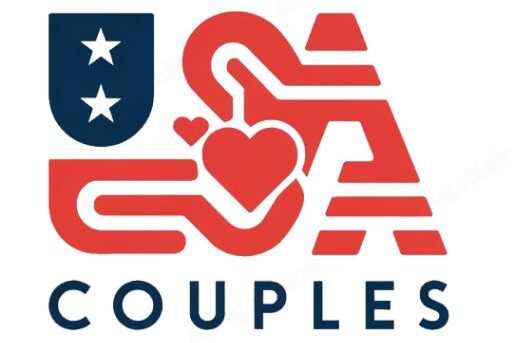The more cast members are willing to defend themselves against a dodgy edit, the less compelling and believable a series becomes. It’s a serious problem for the future of reality TV
“Every single conversation that Kwame had after Mexico, with Micah, was pushing a narrative that wasn’t ours.”
These words from Chelsea in Monday’s Love is Blind reunion were the first sign that the cast in this series were not happy about how the show was edited. After that, the floodgates opened – almost every cast member had a problem with something that was cut.
There was Zack, speaking about his awful honeymoon with one of the season’s villains Irina, who spent their entire holiday treating him like dirt. “You only see 10 per cent of it on the camera,” said Zack at the reunion, hinting that she was much worse in reality. “There was so much stuff that happened that was just unbelievable.”
There was Chelsea, who fell in love with Kwame at the same time as Micah did, causing tension between the women. “Something that you guys also didn’t see was that I went up to Micah and I was going to have a truce,” Chelsea explained at the reunion.
And there was Kwame, who was criticised on social media for considering using “Alex” rather than his Ghanaian name. But he apparently reinforced on camera just how proud he was to be called Kwame, and it wasn’t shown. “I don’t know why that isn’t in there,” he said.
Love is Blind is a Netflix reality series which asks single people to date in “pods” with a wall separating them. We shouldn’t be shocked that what we see in the final cut is not a representation of what really happened – how can you fit over a month’s worth of filming into just 10 hours? Inevitably, some footage has to be left on the cutting room floor.
But what is shown has real-world implications for those on the screen. Sometimes it can be innocuous. Zack was teased online endlessly about lying that he wrote the song “The Blarney Stone” for Irina, when it is actually by a band called Ludo. Zack claims he did credit them, but that footage wasn’t included in the final edit. But it’s no big deal in the grand scheme of things; Zack has embraced the joke, linking to the original track on Instagram and writing, “listen to the song that inspired the cringiest moment in LiB history.”

But at other times, an edit can feel malicious. Jackelina was branded a cheater when she kissed Josh, while – viewers believed – still engaged to Marshall. According to Jackelina, this is not what truly went down. “Marshall and I were broken up before I saw Josh at the coffee shop,” she wrote on Instagram. “I am not sure what the reason is for playing the coffee shop date before the break-up.” Jackelina and Josh (who are still together a year after filming) did not appear at the reunion and were interviewed separately.
Gratuitous editing on reality TV is nothing new. But people who have previously spoken out about being made to look a certain way are often dismissed as looking for an excuse for their bad behaviour. Now, with even the “good guys” like Zack and Chelsea calling out the misinformation created by dodgy editing, producers need to start listening to their worries.
When even the most likeable stars of your show are unhappy, the fakery of Love is Blind – and by extension other reality series like it (Married at First Sight and Selling Sunset cast members have also pointed out dubious editing) – is exposed. That such complaints are aired on a reunion episode, with cast members addressing the audience directly and asking them not to believe what they see, undermines the entire production even further.
This is a growing problem for reality TV producers. The more a programme is edited to unfairly represent its cast, the more they will speak out, the less we will believe what we are watching and the less compelling the series becomes. And then we give up. Without trust from both its cast and its audience, reality TV simply cannot survive.
Love is Blind is a absorbing, sensational and often sickeningly romantic show exactly because of the editing. It is what makes it entertaining. Producers don’t hide the fact that they manipulate the programme, telling The New York Times that what we see is “mostly” what we get. That the cast are only ever seen drinking out of opaque gold goblets is widely believed to be so that scenes can be cut into a different order without the levels of drink in the glasses going up and down as the cast drinks.
But fans get swept up in the drama, forgetting that what we’re watching is, for the most part, fake. And when that seeps into the real world and we start holding the cast to account for a version of themselves that isn’t real, the Love is Blind experience becomes toxic. It’s down to us to remember that this is a Netflix dating show – not a documentary – and shouldn’t be taken at face value. There’s very little reality involved in reality TV.
Every time a cast member feels compelled to right the wrongs of the editing suite and speak out against how they were represented on a reality series, they chip away at the foundations of what makes such TV so exciting. Producers need to start being more careful and considerate of the imputations their programme is putting on people in the real world. The other, obviously more sinister, option is to get them to shut up. Good luck with that one.
